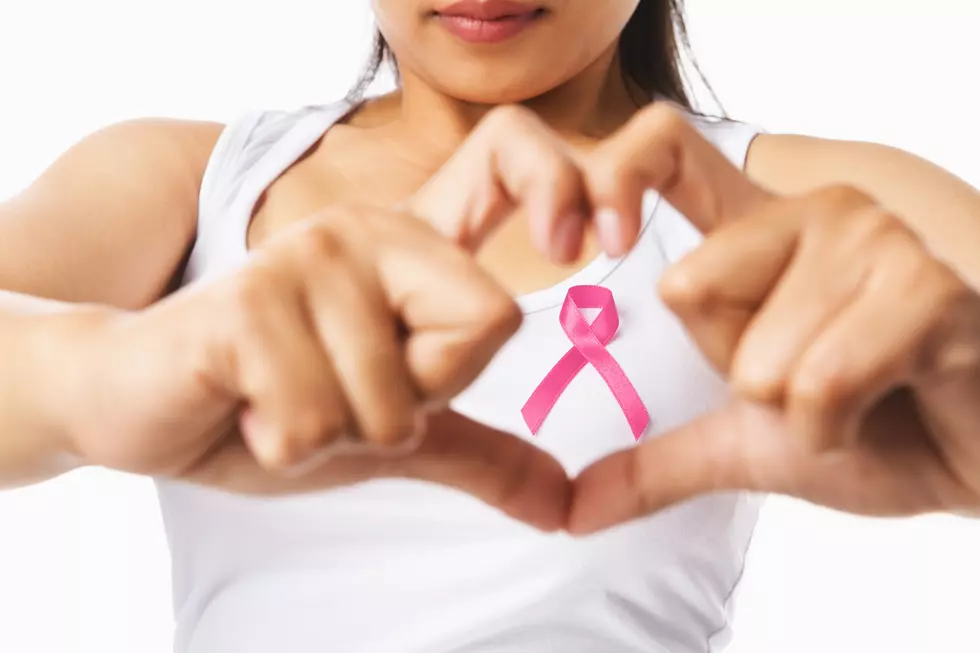
Breast Cancer Awareness Month: Survivors Tell Their Stories
ST. CLOUD – October is Breast Cancer Awareness Month, a time to raise awareness and funds to fight a disease that affects hundreds of thousands of people each year.
For a survivor of breast cancer, the month is an opportunity to reflect on the battles fought and life lessons learned along the journey.
Survivors like St. Cloud residents Margaret Vos and Bernadette “Bernie” Perryman.
At the time of her diagnosis, Vos was preparing to step away from retirement and into a new role as Vice President of International Studies at St. Cloud State University. Perryman was busy owning and operating two successful Batteries Plus Bulbs stores in the St. Cloud area.
Today, both women are healthy, thriving, and deeply connected to the central Minnesota cancer community. Each woman spoke with reporter Abby Faulkner; here are excerpts from those conversations.
When were you diagnosed with breast cancer? What was your diagnosis, and what type of treatment did you receive?
VOS: “I'm one of those folks that has an annual checkup. I just never miss that. That's just part of the preventive maintenance thing. Afterwards, I got a phone call from my doctor. He’s been my doctor for 25 years, and he’s never called me. So, I knew right away … this isn't good. The mammogram didn't look good, and I needed to come back on – and I'm not making it up – Friday the 13th. Initially they thought I had stage two breast cancer. I went in for surgery on October 1st, and what they found out is that I didn't just have two tumors … I had 37. So, my original diagnosis of stage two cancer was now stage four. Timing is huge; the drug regimen I was put on, and am still on to this day, was approved by the FDA just two weeks before my diagnosis. I have a really brilliant oncologist who knew (the drug) was out there, and he called it the most fortunate thing that could happen for me. I went from 37 tumors to zero in four months and started my treatment. My first round of chemo was actually on this day (in 2013) and I have my 115th treatment coming up on Thursday. I feel very blessed, and very fortunate.”
PERRYMAN: The actual “you have cancer” phone call came January 21, 2018. It's such a long name- I never really took note of the whole title. It was stage two breast cancer in my right breast. I started treatment pretty much right away. People who know me know I'm a micromanager sometimes. Telling my business team, my husband and all my friends and family was important to me so they didn't find out through the grapevine. I did all my treatment at the Coborn Cancer Center. I was diagnosed at CentraCare through my annual mammogram, which I did every year for 40 years. No cancer ever ran in my family. I went there and had my normal mammogram. One thing led to another and then to the phone call: “you have cancer in your right breast, and when you're ready, we're going to get started.” I didn't wait long to put my team together – an oncologist, a radiologist, my surgeon, and my cancer advisor. I had a full team – I called them my “dream team.” In February, I had my surgeon ready, my surgery date and my first chemo date scheduled. So, it was 20 weeks of chemo and 40 days of radiation - six months in total.
Talk a bit about life during and after treatment. How is your health today?
PERRYMAN: I have some side effects. I have no feeling in my toes, my feet and my fingers, and that's not from the -30 degree temperature in Minnesota. That's just a side effect. It goes away for some people, but in about 10 percent it stays. I still have the tiredness. I go every six months for an infusion and blood work. I still worked; what I told people was, 'I may have cancer, but cancer doesn’t have me.'
I was a fighter. I involved my husband a little more than I thought he wanted to be at first. My husband is a good ol’ boy – a blue-collar guy who doesn't cry very often. I brought him into it, bits and pieces, until I knew it was maybe too much for him. We had a great relationship during (treatment.) I loved him more and more – he treated me as a “who,” and not based on what I was going through. We just kept growing together. I kept working. It probably prepared me more for COVID because I didn't leave the house for three or four days. Then, I would go in (to work) and take a bite out of the elephant, as they say. I tried to keep a routine because I didn't want my mind to go somewhere and feel like a victim. I said, ‘this is a curve in the road, but I will get this to go straight again.’ Every day is a new journey. I leaned into all my activities. I’m on the (St. Cloud) chamber board. I'm on the Economic Development Authority. I just needed all these things to keep my mind going.
VOS: “I think about my treatment as going to a spa. I don't think of it as a burden. I think of it is “my time.” My infusion takes anywhere between three to six hours. I pack a little picnic lunch. I get to listen to a podcast I want to listen to. I can read. I can do things online. I mean, it's my time. I’m fortunate to be able to have that treatment available to me. I have metastatic stage four cancer; that means the cancer is in my body. Right now it's under control. Will it rear its ugly head someday? Maybe. Or, you know, I could get hit by a bus.”
“I didn't miss a day of work. I took time off for my treatment, but working gave me something else to rattle around in my brain than cancer. For 10 hours a day, I never thought about cancer. I had students all over the world. I had international students on campus. It’s pretty busy office, and it really sustained me. It truly I don't know that I would have wanted it any other way. I never regretted that decision to just keep working. I decided early on that the cancer wasn't going to define me. I'm still Margaret Vos. I'm still me. I just happen to have stage four metastatic cancer. I had a real transformational wake-up early on in my journey. There’s an awful lot that anyone diagnosed is faced with. You feel like you’ve lost control. You have a diagnosis you never expected, that you never wanted. You have a team of medical professionals who pretty much are managing every aspect of your life. I remember thinking, ‘you know what? There are a lot of things I have no control over, so I’ve got to let it go. I’m going to hang on to what I can control. And sometimes, that’s as simple as deciding that I'm going to go for a walk every day. I can decide to do my hour of yoga and meditation every day. That's what I can choose to do; everything else is kind of out of my control. And it is what it is. It's just the way it is. So I try to have – what do they call it? An attitude of gratitude. I am thankful for the littlest things. I am so doggone happy for little things. There have been trials and tribulations, and ups and downs, and I have remained healthy in my seven-year journey.
Are you involved with any cancer-related groups or activities?
VOS: I became involved with the American Cancer Society big time because they were there for me from the very beginning. I'm still very involved with them. I’m part of the American Cancer Society research grant group. It includes people from all over the country. I sit on a committee with about 20-22 other folks, and we go through grants. These are all brilliant people – scientists, doctors, oncologists, nurses. And then there are two what we call ‘laypeople:’ these are folks who have had cancer. We’re that voice as we go through the grants. We’ll say things like, ‘yes, this all sounds great, but neuropathy is huge and they're kind of brushing it off.’ Or, ‘this diet is extremely important because we’ve been through it.’ Both Bernie and I are on a three-year term to serve on that board. For me, this is huge; Herceptin, the drug I'm on, was part of a grant written about 20 years ago. The drug that is really giving me life came from that research grant. You know, I'm kind of living proof that research matters. What a gift. I’m very honored to do this.
PERRYMAN: Like Margaret, I'm on the board for the central Minnesota American Cancer Society. I’m also very honored and humbled that I was interviewed and asked to join the National American Cancer Society Stakeholders' Group. It’s opened my eyes and mind to how important research is, and just how much nonprofit organizations are struggling. Obviously COVID-19 affected this, but cancer continues. The surgeries and the research need to continue. We’ve got to continue to find more creative ways to raise money and get that money into the right hands.
How, if at all, has your experience with breast cancer changed you?
PERRYMAN: It’s really made me more grateful; I count my blessings, big and small. There's nothing small that I don't appreciate – everything from a tree full of snow to the great guys who helped me run my company as I went through cancer. I'm more inspired and grateful for the little things in my life than ever before. I’m very Christian, so I always go back to ‘loving my neighbor as I would love myself.’ I appreciate life and the people in it so much, and I sometimes feel like I don't tell them enough. So, I have learned not to assume that they know how much I love them, or how much they’re helping me. I am a talker and I tell people how I feel. I’m not embarrassed if it’s mushy or it makes them feel a little uncomfortable.
So yes, I share my story; I love people a lot more; I recognize the good things in people. I took a lot of things for granted before, and now I don't.
VOS: I don't know that I could tell you that I am I'm thrilled that this happened to me, but I have to say to you that my life is very, very different than it would have been eight years. Whatever I was before is now on steroids. I was always fairly opinionated. I'm not one of those wishy-washy folks – there’s very little gray. Now, it has morphed it to a level. I'm very, very focused, ‘eyes on the prize’ kind of thing and I don't let anything pass me by. I love traveling. I have two grandbabies in Colorado. So, I would fly to Denver every month to rock my grandbabies. I’ve averaged between 13 and 15 trips a year since my diagnosis. I do everything I want to do and then some, and I don't put anything off for tomorrow. I was that kind of person already, but boy, now I’m supercharged. I also don't have much time for negativity in my life.
I realized very early on that I just need to surround myself with goodness and light. I think I was a gracious person seven years ago, but now I’m grateful for even the littlest things. I cherish every little nugget. I have places to go, people to see. I’ve got stuff to do, and I'm not done yet.
Christmas Decorations Have Been Put Up at Munsinger Gardens
More From AM 1240 WJON
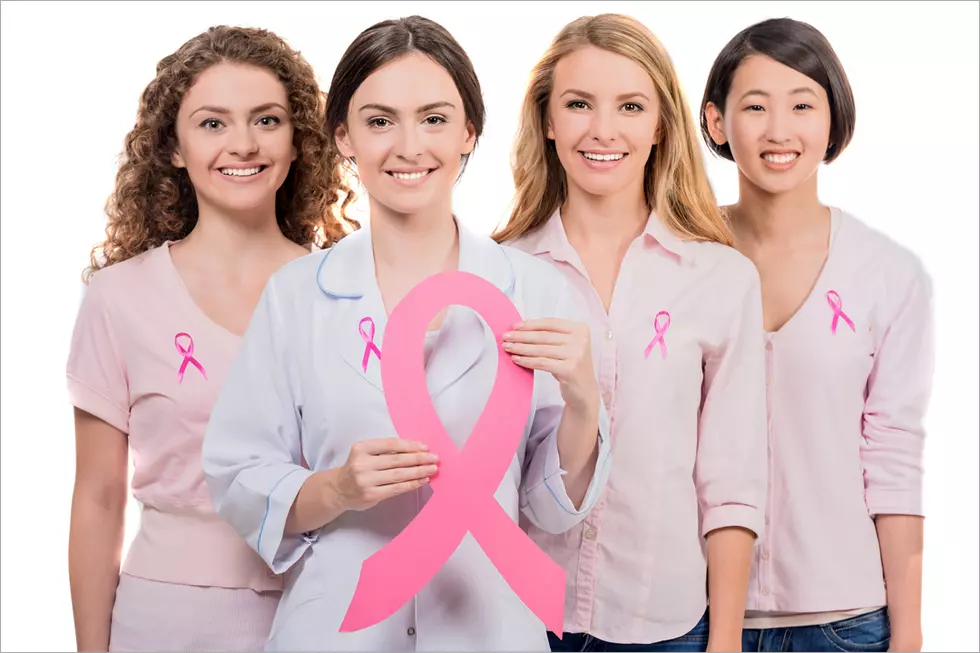
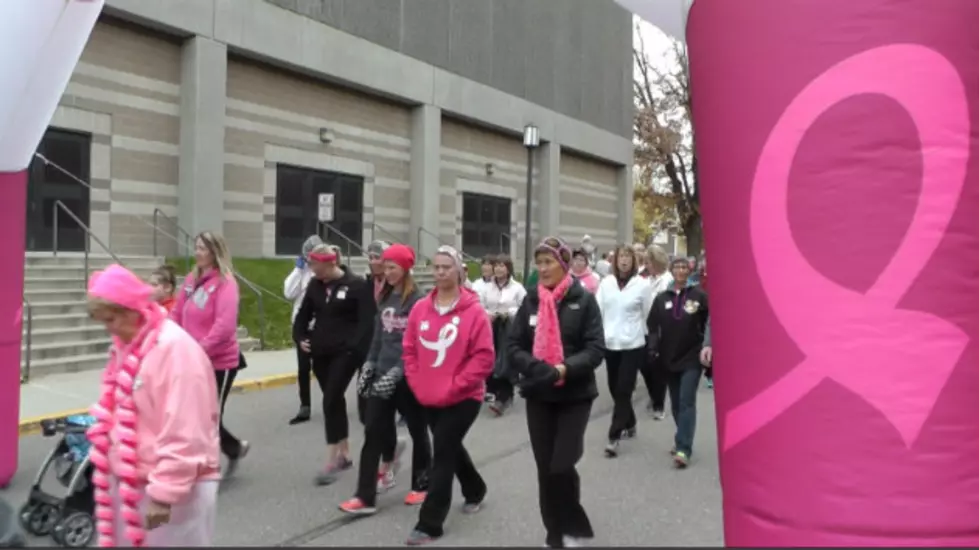
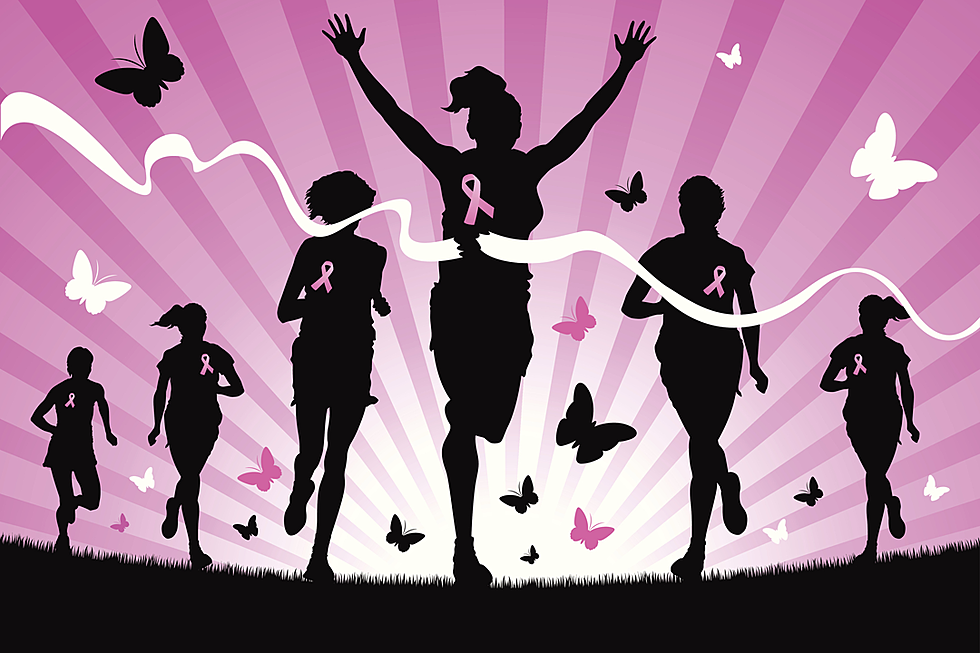


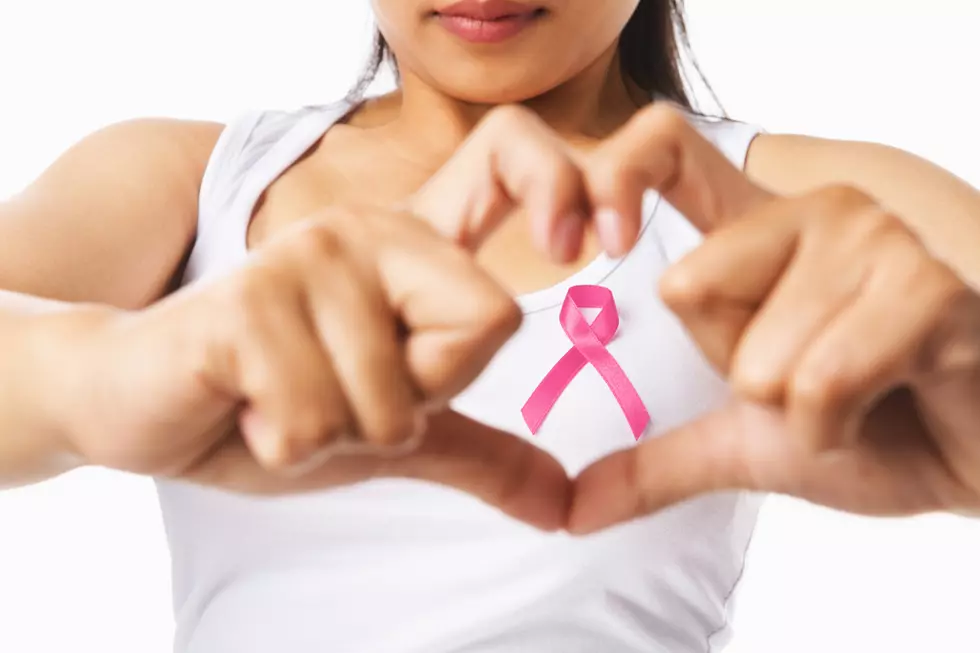
![Staying Informed During Breast Cancer Awareness Month [VIDEO]](http://townsquare.media/site/67/files/2014/10/Breast-Cancer-Awareness-Month.png?w=980&q=75)


